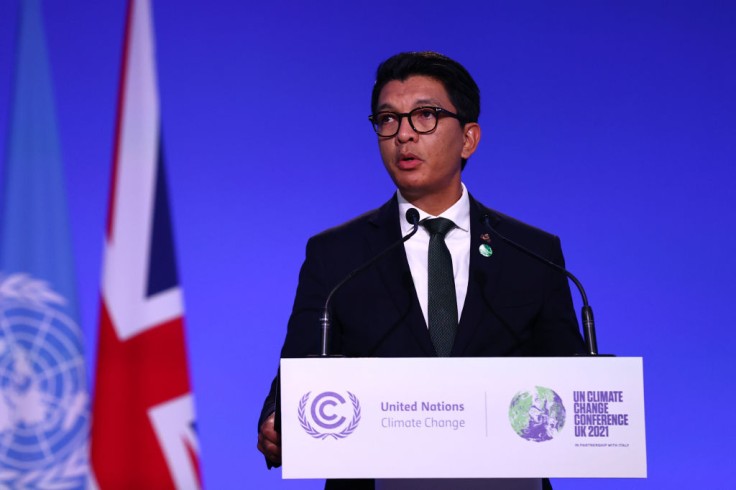
The legislation has drawn condemnation from international human rights organizations, but it has also gathered support from activists who contend that it serves as an acceptable disincentive to address a triumph of "rape culture."
Parliament Allows Catration for Child Sex Offenders
In the island nation of 28 million in the Indian Ocean, the Parliament passed the law on February 2, and the Senate, the upper house, gave its acceptance last week.
The next steps involve ratification by the High Constitutional Court and the law's signing by President Andry Rajoelina, who initially raised the issue in December, with the government proposing the legal amendment.
Justice Minister Landy Mbolatiana Randriamanantenasoa justified the law by citing a rise in child rape cases, recording 600 instances in 2023 and 133 in January of the current year.
Randriamanantenasoa emphasized Madagascar's sovereignty in modifying laws for the overall well-being of its people, stating that the existing penal code has proven insufficient in curbing these offenses.
As per the law's wording, surgical castration is mandatory for those found guilty of raping a child under the age of 10.
Offenses against children aged 10 to 13 may result in either surgical or chemical castration, while the rape of minors aged 14 to 17 will be punished by chemical castration.
Offenders would also face more severe sentences, potentially life imprisonment, in addition to castration.
Madagascar Passes Law to Protect Children
Randriamanantenasoa explained the aim to provide greater protection for children, with the severity of punishment increasing for younger victims.
Chemical castration involves using drugs to block hormones and decrease sexual desire, with reversibility upon discontinuation, while surgical castration is a permanent procedure.
Some countries and U.S. states, such as California and Florida, permit chemical castration for certain sex offenders, while surgical castration as a punishment remains rare and controversial.
International organizations, including the United Nations Children's Fund, have highlighted high rates of child sexual abuse in Madagascar, which also contends with one of the world's highest poverty rates.
Some non-governmental organizations argue that the actual number of child rapes exceeds official figures due to underreporting caused by the taboo nature of the subject and victims' shame, with a significant portion of cases being incestuous.
Amnesty International criticized Madagascar's new law as "inhuman and degrading treatment," inconsistent with the country's constitutional laws.
Nciko wa Nciko, an adviser for Madagascar at Amnesty, emphasized the need for the law to focus on protecting victims, citing a lack of confidence in the Malagasy criminal justice system due to opacity, corruption, and frequent reprisals against rape victims.
Nciko expressed concerns about the problematic nature of surgical castration as a criminal sentence, especially if individuals undergoing it are later exonerated on appeal, and raised doubts about the medical authorities' capability to carry out such procedures.
Despite the criticism, some activists in Madagascar support the law change, viewing it as progress and a deterrent punishment in the face of a persistent "rape culture."
Jessica Lolonirina Nivoseheno from the Women Break the Silence group acknowledged the normalization of certain cases of sexual violence and the minimization of their seriousness but saw the new law as a potential deterrent, contingent on citizens' awareness of its existence and significance.
Related Article: Arkansas Group To Gather Enough Signatures That Could Scale Back Abortion Ban in the State